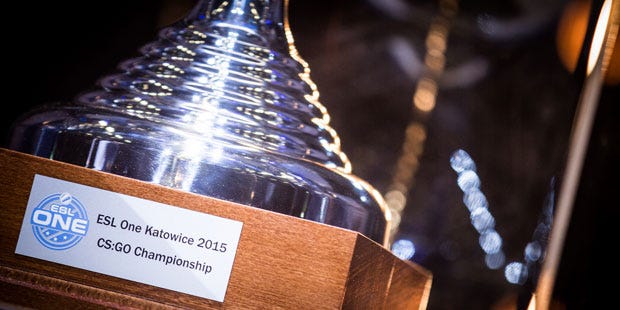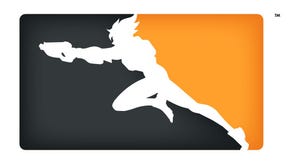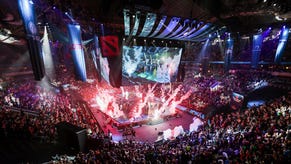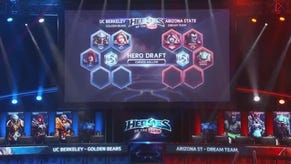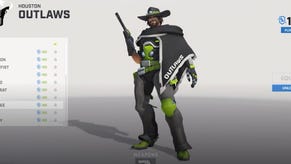ESL Speaks Out After CS:GO Adderall Usage Claims
Clamping down
eSports organisation ESL has issued an official statement regarding the use of performance enhancing drugs in its competitions. The statement comes after a pro CS:GO player stated "We were all on Adderall" when speaking about his team's performance at the ESL One Katowice event.
Here's the necessary background:
Adderall is a brand name for a drug used to treat ADHD and narcolepsy. It's also used to aid focus and concentration, hence it cropping up here as a performance enhancer.
Kory "Semphis" Friesen made the comments regarding his former team Cloud9 in an interview with Mohan "Launders" Govindasamy. It segued from a discussion of calling - being the person who co-ordinates the team strategy and makes decisions - which is all about being authoritative in communications.
Friesen: "THE ESL comms were kind of funny in my opinion." [he pauses then continues]"I don't even care. We were all on Adderall. I don't even give a fuck, like, it was pretty obvious if you listen to the comms."
Launders: "Everyone does Adderall at ESEA LAN, right?"
Friesen: "Yeah"
Launders: "Throwing that out there for the fans. That's how you get good."
Friesen: "And you can hear it in the comms, right. That's why it's so funny to me, it was like shit, comms' so hectic! Like, yeah. So that might clear up some of the questions of why it was like that."
I've encountered rumours and questions about Adderall usage in the professional eSports scene since I started covering it. Simon Parkin actually wrote a longform piece about Adderall (and related drug) use in eSports for Eurogamer earlier this year but noted the difficulty in getting anyone to talk about it - certainly not as candidly as Friesen.
Parkin pointed out that "Many professional sporting bodies including the NCAA, the MLB and the NFL have banned its use in the past five years. Players caught using the drug for anything other than medicinal purposes face severe penalties."
More specifically to this situation, in the same article ESL's managing director, Michel Blicharz, said "I do know players who take Valium to calm their nerves, but that's the extent of it. I don't think that as a whole, players reach for drugs thinking that they will improve performance." He went on to add, "The stakes in eSports are, bar a couple of exceptions, not high enough to inspire people to experiment with drugs."
With Friesen's comments now being widely discussed ESL obviously doesn't want the integrity of its contests called into question. As per their official statement:
"The growing visibility and popularity of eSports, as well as increasing prize pools make it not only more tempting for teams and players to break the rules, but also more damaging to our sport as a whole when they do. ESL has an ongoing commitment to safeguarding the integrity of our competitions and providing a fair playground for professional players."
The result of all this will be an anti-PED [performance enhancing drug] policy developed in conjunction with NADA (Nationale Anti Doping Agentur) and in consultation with WADA (World Anti Doping Agency). There's a line in there which I like for its intention but which I want to see how it translates into a workable reality:
"The goal of this program is to ensure players are provided with information and structural support to help them manage the physical and emotional pressure that the highest level of competitive gaming puts on many of them."
The official policy will take a while to develop and implement so in the meantime ESL events will have a stopgap solution. August's ESL One Cologne event will have randomised PEDs skin tests.
"Our aim is to perform those tests at every event in the Intel Extreme Masters, ESL One and ESL ESEA Pro League competitions as soon as the policy is established and the tournament rules are updated."
As for Friesen and Cloud9, ESL won't be taking action against the team. "We have no way of knowing whether Semphis, despite what he said, has actually taken Adderall or not," ESL's head of communications, Anna Rozwandowicz said in an email to Vice. "We can't punish someone if we are not 100 percent sure he is guilty. And as we have no way to test it anymore (we're four months after the event), we won't take action in this specific case."
